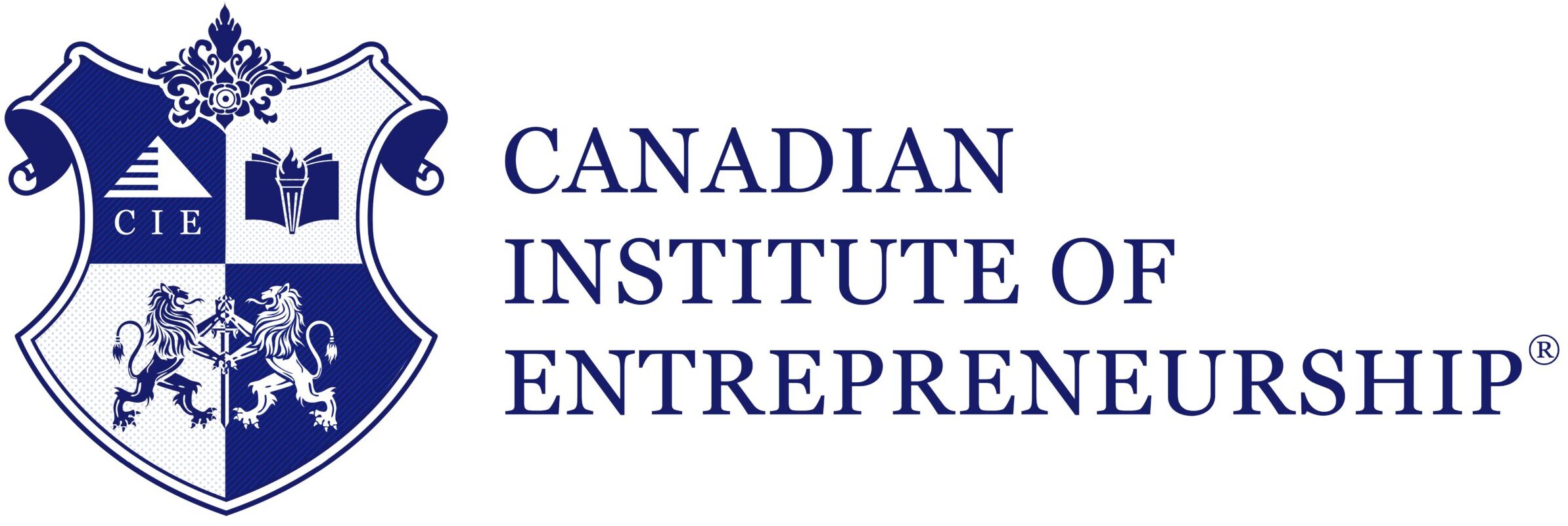
Last year alone over 2000 books and articles were written about leadership, repackaging everything and everyone from Attila the Hun to Jesus to Dorothy in the Wizard of Oz. (“She was small, meek, and young but she took a guy with no heart, one with no brains, and one with no courage, and created a successful team that accomplished its mission.”)
What is leadership?
Simply put leadership is the ability to inspire others to get the job done, whether it’s increasing the bottom line, climbing Mt. McKinley, leading a reconnaissance mission, or bringing family members to consensus on a by-laws issue. Several ingredients are necessary for this to be accomplished: trust between the leader and the followers, leader’s credibility, a shared vision, and plan of action.
Why is leadership a particularly important issue for family businesses?
There is a serious failure to plan for leadership transition in family businesses. Typical requests that come to Key Resources sound like this:
- “I always thought my son would run this company but I just think he can’t. He’s very good with numbers but not with people. What should I do?
- “I worked hard to build this company, working 20 hours a day and now I want to take it easier. I have three kids in the business. How do I pick one to replace me? It’s a different place and time than it was when I started.”
- “I know this is important but I’ve ignored it for so long, it’s almost too late to choose anyone.”
Here are some facts about the lack of leadership planning (from the Mass Mutual/Raymond Institute study of 2003):
- 88% of family owned businesses plan to stay in the family
- 47% expect leadership to change in the next 5 years
- 42% have not yet chosen successors (of the CEOs 61 years and older, 55% haven’t yet chosen a successor)
- 13% of the family members said the CEO would never retire; 34% said they were not aware of the successors intentions
- 20% have not yet completed estate planning
Are leaders born or made?
True leaders have a combination of both ‘nature and nurture’, that is, they are born with a talent that is nurtured along the way. It is not inherited like eye color, but, early on, ‘natural leaders’ show leadership traits, such as being in the leader of the gang, speaking up, initiating games, and sometimes even challenging authority. Martin Luther King, early on took up the cause of the civil rights movement. Leadership to some extent can be taught and the best chance is to start early. Parents and teachers can unwittingly inhibit early leadership traits, like challenging authority, wanting to be in charge, taking risks, being tough, and persistent which can sometimes be annoying!
What are the special skills of a leader?
Leaders most importantly give energy to others in order to get a job done. Is there one of your kids who was the one to say, “This is what we can do” or “I have a way to get that done”. They are the ‘energizers’, not the ‘drainers’, of their worlds. They are the individuals who draw others to them; they have an ability to network and make connections. They are often the center of their family, social and work worlds. (We also know leaders who have used these traits to manipulate and control, for their own benefit.)
What are the special challenges for family businesses?
Family businesses have several challenges:
- Seniority, rank, and gender are sometimes confused with real leadership.
- Children in family businesses are often raised in a culture of wealth and entitlement and don’t have to face challenges.
- The second generation has often been raised by entrepreneurs who don’t encourage leadership development and are not good mentors or patient teachers.
- There is often the desire to ‘clone’ the next generation to be just like the first, even though very different skills are needed to run an older stage company.
- Often family roles and birth order get in the way of developing leadership skills. For example the youngest who may have the most potential may be treated “like the baby” even as an adult.
- Brothers and sisters are often reluctant to grant authority to their siblings and sabotage their sibling leader.
How are the Leadership Styles of Men and Women Different?
Women’s ways of conceptualizing and organizing to do work are essentially different from men’s. Women tend to have a keener understanding of relationship dynamics and are better at ‘trusting their gut feelings’, most likely a product of both nature and nurture. Women tend to put relationships before tasks, and are less hierarchical. Men tend to put tasks before relationships and are more hierarchical. Women are better at multi-tasking and men use more of a focused lens on their job. Their complementary skills are both needed for success.
An interesting recent study Center for Women’s Leadership at Babson College indicated that female owned family businesses had:
- Improved productivity over male -owned counterparts by a factor of almost two. The women-owned family businesses had average annual revenues of $26.9 million in 2002 with 26 workers. By comparison, the male owned firms had average annual revenues of $30.4 but had a median of 50 workers.
- Less Debt
And in the 2330 Mass Mutual/Raymond Institute Survey:
- 30% said they would consider a female successor, up from 10% in 1998, 12% in 2000.
- More daughters are coming into the business with degrees, eager to take on leadership roles.
What leadership style is needed for what stage of the business?
Different leadership styles are appropriate for different stages of a company. Too often first generation family business leaders seek clones of themselves without considering what the company needs going forward. Leaders should be able to take the company where it needs to go and the choice of a leader should parallel a strategic initiative of the company, which answers the following:
- Where do we need to go in the next 5- 10 years?
- What kind of a leader can take us there?
- What are the important skill sets of our next leader or leaders?
- If we are objective, is the best leader for the company in the family or do we look outside the family?
- Who in the next generation has the skills of the best leader to take us where we need to go?
- What is our road map for the succession process?
